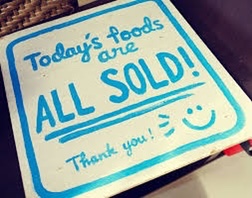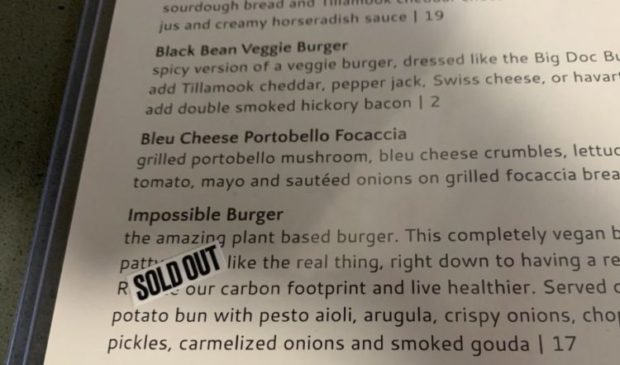It’s difficult to remember what restaurants were like before people dined out to take photos of their food and invested hours online sifting through reviews weeks ahead of their reservation. The world was a much simpler place. The company you kept mattered more than the food you ordered. There was no such thing a Cronut. It used to be that a famous dish on the menu only became known through word of mouth or perhaps the occasional write up in the local newspaper. We didn’t get so emotional when a particular dish we loved was taken off the the menu or sold out.
Some restaurants still revel in being known for specialty items, broadcasting their prowess in flickering, neon humblebrags like: “Home of the Original Stuffed Clam” or “The Place for Ribs.” But there’s hardly a need for restaurants to flex anymore, the world has already seen it all on the ‘Gram. Social media has made having a signature dish a curse as much as a blessing. Now when we dine out, we’re not only comparing our restaurant experiences to our neighbor’s or friend’s account; we expect it to live up to the multimedia accounts of hundreds and thousands of strangers and, of course, the Kardashians.
The most epic tantrums that occur nightly in restaurants come from guests incensed when popular items are sold out or signature dishes have been replaced on the menu. These meltdowns have intensified as guests spend more time and energy anticipating and planning their restaurant visits. The build up creates pressure which makes the explosions of disappointment even more combustible. “We made this reservation months ago and that dish is the only reason we came!!” they’ll say when the waiter delivers the bad news. Pacifying these irate guests is not unlike soothing crying children whose parents have just told them they can’t have dessert.

It’s a sensitive subject for restaurant managers and servers. We understand the reality that any dish on the menu can be sold out on any given night. That’s just how the economy of a restaurant works. It’s an imperfect science. If a restaurant only sells four orders of salmon on average every night, the chef isn’t going to buy ten pieces of fresh salmon every day just in case more people order it. Throwing away unsold food isn’t a good strategy for survival. Unfortunately, conveying this calculus to disappointed guests that had their heart set on a particular dish is difficult to do without seeming inhospitable.
The fact remains though: Restaurants should do their best to make you happy but they don’t owe you anything. Food is perishable and supply chains fluctuate. An ingredient shortage often impacts the industry as a whole, not just one specific restaurant. You’re upset that your favorite sushi place is out of Uni but half of the city’s sushi bars may also have missed their deliveries. Many dishes take days in advance to prepare. It’s impossible to “whip up” a few orders of braised short ribs that needed to be salted days ahead of time and braised in red wine for hours.
Of course, guests are entitled to be disappointed that a dish is unavailable but it should never provoke outrage. When guests lose their cool, they’ve clearly convinced themselves that there is only one way to enjoy their experience. Approaching dining out anywhere with this kind of tunnel vision is self-sabotaging.
It’s actually a sign of your fluency as a diner to demonstrate how open you are to enjoying your meal despite missing out on a dish you’d hoped to try. Servers will work harder to make you happy. No one hates it more when dishes are sold out than the staff. Waiters’ lives are so much easier when they can give everyone everything they want every single night. Ask them for solutions. Understand that there is more than one path to having a great meal and always approach ordering with an open mind. You never know. You might end up liking your dish even more than whatever the Kardashians ate.

